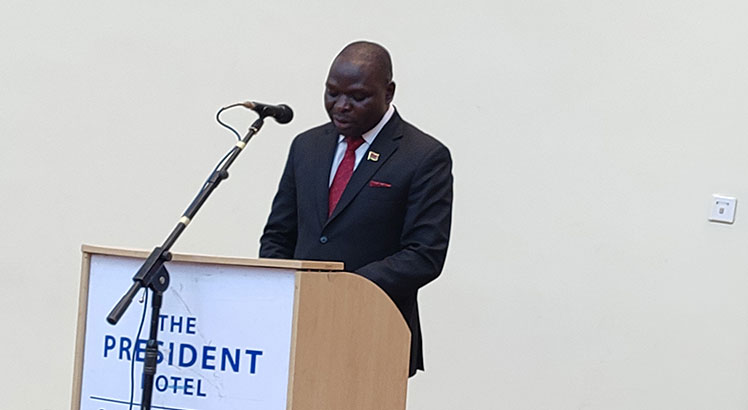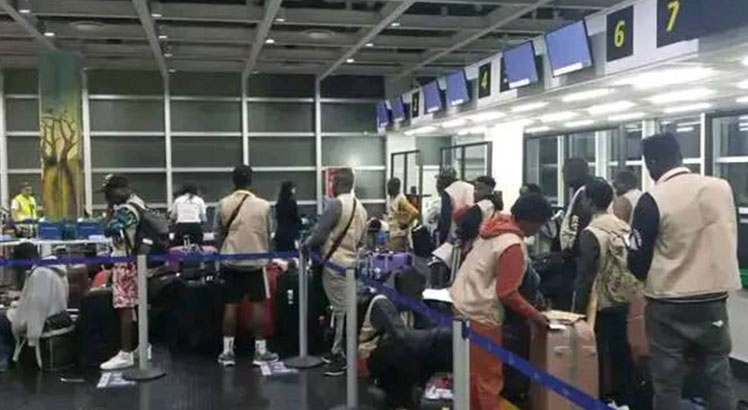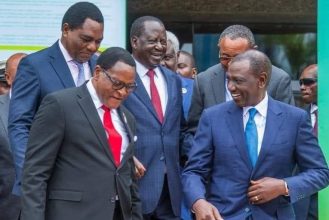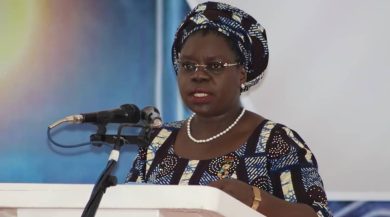Election spending threatens budget
Treasury faces a daunting task in formulating the 2024/25 National Budget as pressure to woo voters lingers, a development which compels government to spend more, it has emerged.
Being the last but one budget before the September 16 2025 Tripartite Elections, various stakeholders The Nation interviewed said that government will be tempted to formulate a fiscal plan that supports its popularity amid a limited fiscal space.
In an interview yesterday, Oxfam in Malawi country director Lingalireni Mihowa observed that many times, the budget closer to elections tends to support populist policies than focusing on things that matter for the country’s development.

She said: “We have seen that as we approach elections, the government tries to put in the budget many other things that support its popularity.
“However, given the already limited fiscal space, it is important that government focuses on core things that matter and avoid the trappings of the last budgets before elections which put more of populist programmes that are not sustainable, but meant to attract votes.”
Mihowa observed that if government focused more on recommendations made at the pre-budget consultations, there is still a possibility that Treasury can develop a budget that focuses on sustainable development.
Economist Bond Mtembezeka said in an interview yesterday that as the elections draw closer, the budget is framed in a way that it appeals to masses.
“That is done most of the times in total disregard to the associated pressures that come with such a populist budget,” he said, adding that in the end development is compromised.
In the 2018/19 fiscal year, which was before the May 2019 Tripartite Elections, Treasury set the budget, which focused on robust economic growth at K1.5 trillion, a 13.8 percent increase from the previous budget.
During the year, among others, the Farm Inputs Subsidy Programme, the forerunner to Affordable Inputs Programme was allocated K41.5 billion, an increase from the previous fiscal year’s K33.2 billion.
Treasury also allocated K20 billion towards maize purchases and distribution, a 100 percent adjustment from the previous financial year which was meant to offset 10 percent harvest losses from the impact of dry spells and fall army worms.
Treasury further also allocated K4.8 billion to a newly created youth internship programme to recruit 5 000 youths while K5 billion was allocated for tree-planting and care programme and provide employment to 10 000 youths.
Apart from the scholarship fund programme, Treasury also allocated K2 billion financing for further training of civil servants.
Speaking separately, Institute of Chartered Accountants in Malawi chief executive officer Noel Zigowa said while the forthcoming budget is meant to be a tool that will take Malawians on a recovery path, coming closer an election year, it will impact the national budget by introducing uncertainties.
“Additionally, election-related spending can strain the budget, potentially leading to fiscal challenges,” he said, adding that Malawians have high expectations from the next budget.
Speaking during the first leg of the 2024/25 Pre-Budget Consultations in Blantyre, Minister of Finance and Economic Affairs Simplex Chithyola Banda said the fiscal plan will focus on recovery and cushioning the economy from the effects of policy changes the government has implemented.
“The budget remains an important tool in fostering economic prosperity and eradicating poverty,” he said.
In the current financial year, the Treasury adjusted expenditures by K540 billion to K4.33 trillion to accommodate the social protection measures.





